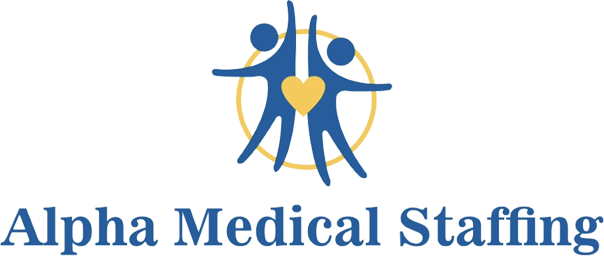- Addressing Workforce Shortages: According to the U.S. Bureau of Labor Statistics, the healthcare sector is projected to add about 2.6 million new jobs from 2019 to 2029. Staffing agencies play a crucial role in addressing the growing demand for healthcare professionals by sourcing and placing qualified candidates in various healthcare settings.
- Flexibility in Staffing: Staffing agencies provide flexibility to healthcare facilities to meet fluctuating demand. For example, a report by Staffing Industry Analysts (SIA) found that temporary and contract staffing in healthcare grew by 5% in 2019, indicating the increasing reliance on flexible staffing solutions.
- Temporary Staffing Solutions: Temporary staffing is particularly common in healthcare to address short-term staffing needs, such as covering for sick leave, vacation time, or seasonal fluctuations. According to the American Staffing Association (ASA), healthcare staffing agencies in the U.S. employed an average of 2.4 million temporary and contract workers per week in 2019.
- Cost Savings: Staffing agencies help healthcare facilities save costs associated with recruiting, hiring, and onboarding permanent staff. A study published in the Journal of Nursing Administration found that using temporary nursing staff can lead to cost savings ranging from 20% to 40% compared to hiring permanent employees.
- Quality of Care: Staffing agencies focus on providing qualified and competent healthcare professionals to maintain the quality of patient care. According to a survey by CareerBuilder, 75% of healthcare employers reported that hiring temporary staff helped them maintain or even improve the quality of patient care.
- Compliance and Credentialing: Staffing agencies ensure that healthcare professionals comply with regulatory requirements and possess the necessary credentials and licenses. For example, a study published in the Journal of the American College of Surgeons found that locum tenens surgeons provided through staffing agencies had comparable patient outcomes and complication rates to permanent surgeons.
- Industry Expertise: Healthcare staffing agencies leverage their industry expertise and networks to match healthcare facilities with the most suitable candidates. According to a report by SIA, 74% of healthcare staffing firms in the U.S. specialize in providing staffing solutions for specific healthcare roles, such as nursing, allied health, or physician staffing.

